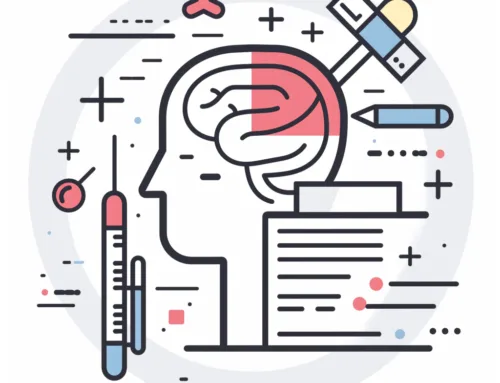In the realm of healthcare and medicine, technological advancements continually push the boundaries of what’s possible, offering innovative solutions to age-old challenges. One such groundbreaking innovation is the concept of digital pills, a remarkable fusion of biotechnology and digital technology designed to revolutionize patient care and medication compliance. Since the FDA’s landmark approval of the first digital pill in 2017, this nascent technology has shown immense promise, with various companies entering the market to expand its potential applications.
Understanding Digital Pills
Digital pills represent a significant leap forward in personalized medicine. At their core, these are traditional medications embedded with ingestible sensors that transmit data to external devices, such as smartphones or tablets, once they come into contact with stomach fluids. This real-time data transmission allows healthcare providers to monitor a patient’s adherence to medication regimens meticulously, marking a pivotal shift in managing chronic conditions and ensuring compliance.
The Promise for Psychiatric Care
One of the most compelling applications of digital pills lies in the field of psychiatric care. Patients with mental health conditions often face challenges in adhering to their medication schedules, which can severely impact their treatment outcomes. Digital pills offer a groundbreaking solution to this issue, providing healthcare professionals with an unprecedented level of insight into patient compliance and enabling timely interventions when necessary.
Enhancing Medication Adherence
The primary advantage of digital pills is their ability to enhance medication adherence, a critical factor in treatment efficacy. By offering real-time data on medication intake, digital pills empower patients and healthcare providers alike. Patients can receive reminders and support to take their medications as prescribed, while providers can access valuable data to make informed decisions about treatment plans and adjustments.
Overcoming Challenges
Despite their potential, digital pills face several challenges that need addressing. Privacy and security concerns are at the forefront, as the technology involves transmitting sensitive health data. Ensuring that this information is protected and used ethically is paramount for patient trust and the widespread adoption of digital pills. Additionally, there are considerations around the digital divide and ensuring equitable access to this technology for all patients, regardless of socioeconomic status.
The Future of Digital Health
As digital pill technology continues to evolve, its applications could extend far beyond medication compliance. Future iterations might include sensors capable of monitoring a range of physiological responses, offering deeper insights into a patient’s health status and the medication’s impact. This could pave the way for more personalized and effective treatment regimens, tailored to the individual needs and responses of each patient.
Conclusion
The advent of digital pills is a testament to the innovative spirit of the healthcare industry, offering a promising solution to the perennial challenge of medication non-compliance. As the technology matures and overcomes its initial hurdles, it has the potential to transform patient care, making treatment regimens more effective, personalized, and manageable. For healthcare providers, patients, and stakeholders in the digital health ecosystem, embracing and advancing digital pill technology will be key to unlocking its full potential in improving health outcomes and enhancing the quality of life for patients around the globe.
In conclusion, digital pills embody the cutting-edge intersection of biotechnology and digital innovation, holding the promise of reshaping healthcare practices and patient engagement. As the technology continues to evolve and gain acceptance, it could significantly impact how treatments are administered, monitored, and optimized, marking a new era in personalized and precision medicine.
Contact us today for a free consultation
Phone: 949-776-5103 or
Email: [email protected]









